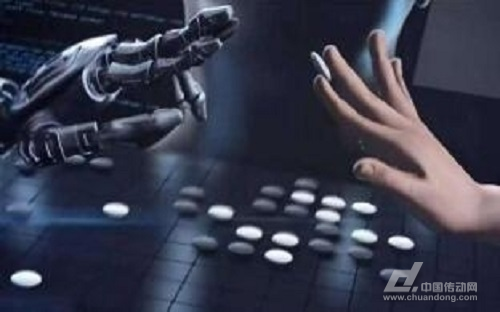On October 19, *Nature* magazine released a groundbreaking development from Google’s DeepMind team. A new AI system called AlphaZero made headlines by defeating its predecessor, AlphaGo, in a 100-0 match. Unlike previous versions, AlphaZero was completely self-taught and required only three days of training to achieve this remarkable feat.

The news sparked both excitement and concern among many people. Some expressed alarm, stating, “In the past, we believed that ‘knowledge is power.’ Now it seems that data and machine learning are even more powerful than human knowledge and experience.†Others raised questions about whether artificial intelligence might one day no longer need human guidance.
However, the answer to that question is not as straightforward as it may seem. While AlphaZero has surpassed human expertise in certain areas, such as Go, it doesn’t mean that AI no longer needs human input. In fact, the breakthrough lies in the fact that AlphaZero started with a blank slate, learning the game rules on its own without relying on prior human knowledge. It essentially became its own teacher through self-play.
This marks a significant shift in AI development. For the first time, a machine can become a "master" of a complex game without any external instruction. This capability shows that in specific domains with clear rules, AI may not always require human knowledge. But it also highlights the importance of domain expertise when dealing with less defined or uncertain problems.
At a recent smart summit, Li Guojie, an academician from the Chinese Academy of Engineering, emphasized this balance. He noted that while machine learning can make incredible progress in fields like protein folding or material science—where data is abundant—it still needs human insight for exploring unknowns. The power of AI should not be overestimated, especially in areas where rules are unclear or incomplete.
The field of AI is now entering the era of AI 2.0. However, fundamental questions remain unanswered. After World War II, J. Robert Oppenheimer, the head of the Manhattan Project, warned about the dangers of rushing into the unknown without proper exploration. His words still resonate today. As AI has grown into a "fruitful tree," we must ask ourselves: Are we simply picking at the fruits we can reach, or are we planting new seeds for future growth?
In reality, AI still requires a strong foundation of human knowledge and expertise. For example, the effectiveness of deep learning remains a mystery. Some researchers suggest that the process of "physical reorganization" in deep learning bears striking similarities to quantum mechanics. These kinds of foundational questions remind us that, despite all the progress, there is still much to learn—and that learning often begins with the guidance of human masters.
12 Hour Timer Socket,24 Hour Timer Socket,24 hour digital timer plug,24 hour mechanical timer plug
NINGBO COWELL ELECTRONICS & TECHNOLOGY CO., LTD , https://www.cowellsocket.com